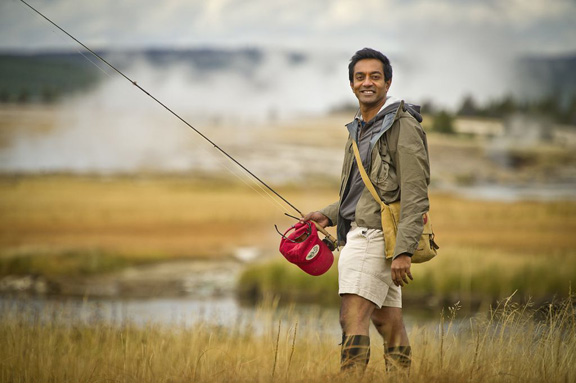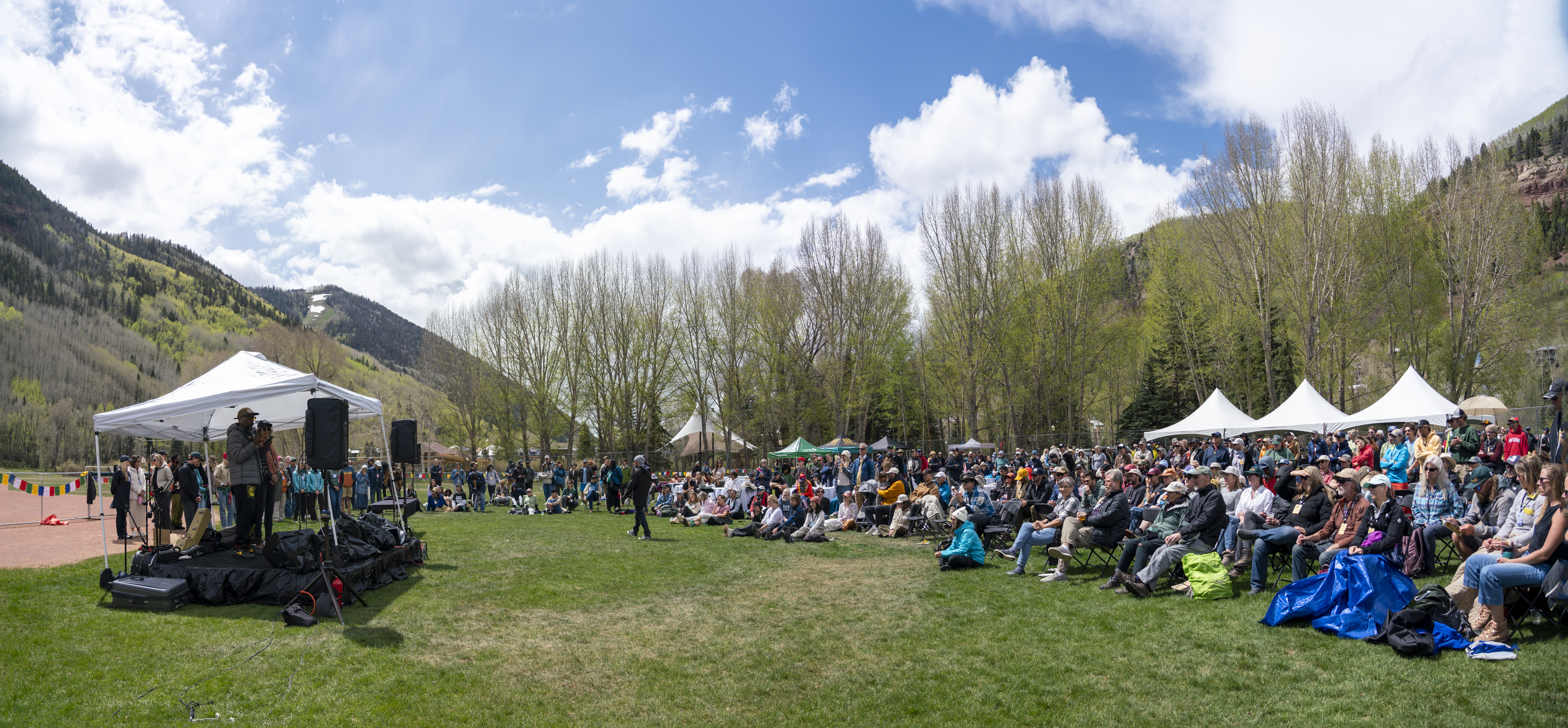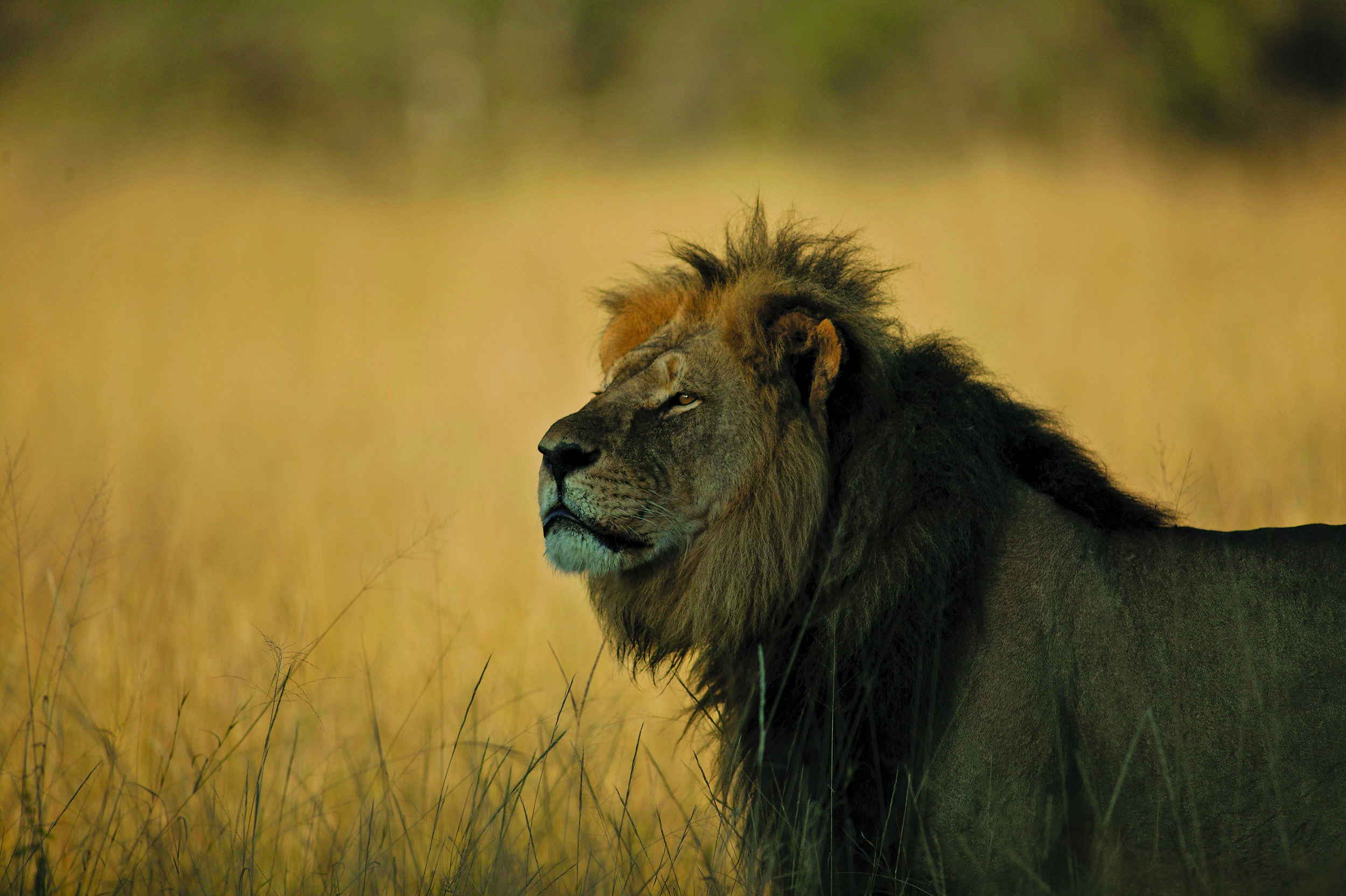
Redefining “Wild”
Fifty years ago, President Lyndon B. Johnson signed The Wilderness Act. In that same year, he also dramatically escalated the war in Vietnam. As Errol Morris’ Oscar-winning Vietnam documentary The Fog of War details, America vastly underestimated the resolve and desires of the local population, and that is a key reason why we lost the war.
I fear we may be at risk of losing the war to save nature for a similar reason.
The environmental movement has long been dominated by an understanding that “untrammeled” nature is the end goal and that people are generally bad for nature. This perception is right there in The Wilderness Act itself, which defines “wilderness” as a place absent from the influences of humans: “where man himself is a visitor who does not remain.” Humans, in this view, are separate from nature.
Yet reality is that Earth has entered a new epoch that scientists call the Anthropocene, literally meaning “Earth in the age of man.” I’ve just returned from an epic two-year quest to witness the state of wild places in this new epoch for a new PBS and National Geographic TV series called “Earth: The New Wild” (airing in spring 2015). What I found is that the wild can thrive, but only if we bring people into the picture.
Take one of the most diverse places on Earth, for example: the Ecuadorean Amazon, where amidst this rainforest cathedral dripping with biodiversity are people, the Waorini. Their presence is a clear demonstration of how all humans once integrated with their habitats. The Waorini live in full synchronicity with the forest that provides them with everything they need for their survival and their culture. They do not see themselves as separate from nature and for good reason: They are part of it. To remove the Waorini from the forest would tear both apart.
This was the case in just about all the places I visited — 24 countries total, from the Arctic Circle to Zimbabwe. In each location, the strongest advocates for conservation were local people, those living closest to nature. Though many of the conservation efforts I witnessed were supported by big environmental organizations and governments, in the end it’s the local community that is often the most steadfast and resolute in protecting nature. After all, they have the most to lose and most to gain. Without them as allies, conservation is merely an arm’s length enterprise.
I live on the very edge of wilderness. Within sight of my Montana home is the Rattlesnake Wilderness Area. I hike and run through it, knowing that wolves and grizzlies often pick up my scent and sometimes watch me.
The fact that each one of my outings is an adventure affirms that The Wilderness Act was indeed a triumphant battle in the fight for nature. But to really win the war we need a new strategy, one that starts with finally ridding ourselves of the view that nature and people exist separately.
Rattlesnake is nothing like the Amazon of course, but the point is that both have value for people. The citizens of Missoula, Montana, petitioned hard for the Wilderness designation for the Rattlesnake — a place they love for its wildlife, trails, creeks, stupendous beauty and proximity to the city. They fought for it not as guests or visitors but because they, as people, knew they had everything to gain in protecting an extraordinary place.
There is no doubt we should strive to minimize our impacts. But that doesn’t mean we should somehow be seen as a visitor or guest to the places that give us so much. It’s only by including humans in the picture that we can most effectively empower our strongest advocates for conservation. That is how we will win the war for nature — when local communities everywhere understand the value that nature provides, see themselves as part of nature and see protecting nature as important as protecting their home. That it is, essentially, the same thing.
M Sanjayan is the executive vice president and senior scientist at Conservation International and the master of ceremonies for the 2014 Moving Mountains Symposium, a forum that will further explore the theme of wilderness on May 23 at Mountainfilm in Telluride.


